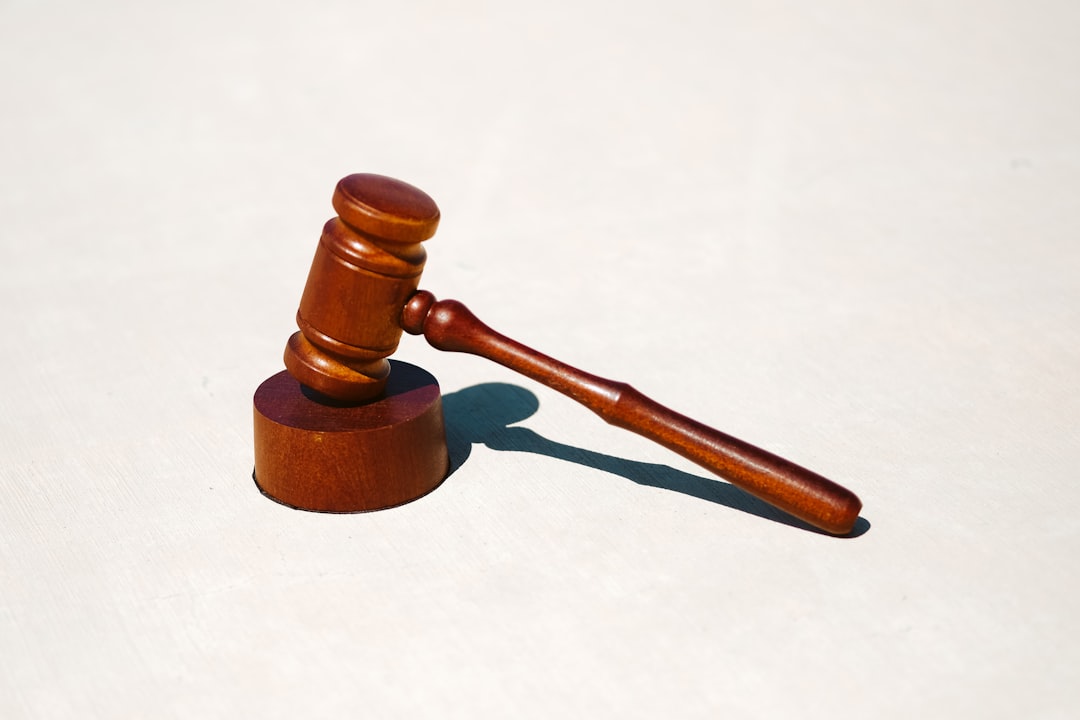In Ohio, including Dayton, autodialer attorneys play a vital role in balancing consumer protection and legitimate business practices through strict regulations on automated dialing systems. They ensure compliance, mitigate legal risks, and address community feedback to prevent unwanted robocalls and privacy breaches. These attorneys advocate for both business interests and consumer rights, crafting robust yet responsive regulations tailored to local needs, fostering harmony between technology and society.
In Dayton, as across Ohio, the regulation of autodialers is a complex dance between consumer protection and business interests. This article explores the critical role community feedback plays in shaping these regulations, particularly through the lens of local authorities and consumer complaints. We delve into the legal perspective on autodialer laws, analyzing how attorneys can guide businesses while safeguarding residents from unwanted calls. By understanding this dynamic, both businesses and consumers can ensure a balanced approach to autodialer practices.
Understanding Autodialer Laws in Ohio: A Legal Perspective

In the state of Ohio, the laws surrounding autodialers, or automated dialing systems, are designed to balance consumer protection with legitimate business practices. These regulations, governed by the Ohio Revised Code and further interpreted by local courts, can be complex for businesses to navigate. Autodialer attorneys in Ohio play a crucial role in helping companies understand these laws, ensuring compliance, and mitigating potential legal risks.
The primary focus of these regulations is to prevent unwanted phone calls, often referred to as robocalls, from overwhelming consumers. Businesses using autodialers must adhere to strict guidelines regarding consent, opt-out mechanisms, and the content of automated messages. Failure to do so can result in significant fines and legal repercussions. Ohio’s laws are particularly stringent, reflecting a state-wide commitment to safeguarding residents’ privacy and peace of mind.
Community Feedback: A Key Player in Regulation Creation

Community feedback plays a pivotal role in shaping regulations surrounding autodialers, especially in cities like Dayton, Ohio, where local perspectives are essential. When it comes to implementing and refining laws related to automated phone systems, the voices of the community cannot be overlooked. This is because regulations must not only keep up with technological advancements but also address the concerns and experiences of residents.
Autodialer attorneys in Ohio understand that community feedback provides valuable insights into the practical implications of these technologies. By engaging with local residents, businesses, and interest groups, they can identify potential issues such as unwanted calls, privacy breaches, or business disruptions. This collaborative approach ensures that regulations are not just legally sound but also sensitive to the unique needs and preferences of the Dayton community, fostering a more harmonious relationship between technology and society.
The Impact of Consumer Complaints on autodialer Policies

In the dynamic landscape of communication technologies, consumer complaints play a pivotal role in shaping regulations surrounding autodialers in Dayton and across Ohio. When individuals experience unwanted or nuisance calls from autodialer systems, their frustration can lead to a collective voice that demands change. These complaints serve as barometers of public sentiment, highlighting the potential negative impact of automated dialing on privacy and consumer well-being. As a result, autodialer attorneys in Ohio often find themselves at the forefront of these regulatory debates, advocating for both business interests and the protection of citizens from excessive or unauthorized contact.
The accumulation of consumer grievances can prompt regulatory bodies to intervene, leading to policy adjustments that better balance the needs of businesses relying on autodialers with the rights of consumers to control their communication preferences. This delicate equilibrium ensures that while companies can effectively reach potential customers, they do so in a manner that respects personal boundaries and minimizes the risk of overwhelming or harassing calls.
Role of Local Authorities in Shaping Dialer Guidelines

Local authorities play a pivotal role in shaping guidelines for autodialer regulations in Dayton, Ohio. These entities are often the first point of contact for residents and businesses dealing with unwanted automated calls, ensuring that any legislation balances the needs of both consumers and telemarketers. With the assistance of autodialer attorneys Ohio, local governments can draft policies that address specific concerns like consent management, call frequency, and consumer privacy. By engaging with community feedback, they can create rules that reflect the real-world challenges faced by Dayton residents, fostering a healthier and more balanced approach to telemarketing practices.
Striking Balance: Protecting Consumers and Business Interests

In the regulatory landscape surrounding autodialers in Dayton, striking a balance between consumer protection and business interests is paramount. While consumers must be shielded from unwanted phone calls that could constitute harassment or privacy invasion, businesses reliant on autodialing for marketing purposes also have legitimate needs. Autodialer attorneys in Ohio play a crucial role in navigating this delicate equilibrium by ensuring regulations are fair and effective. They collaborate with policymakers to draft rules that protect consumers from excessive or abusive dialing practices while allowing ethical marketing strategies.
This balance is essential to foster a healthy business environment. Strict, poorly considered regulations can stifle legitimate enterprises, leading to higher costs for businesses and potential negative impacts on economic growth. Conversely, lax regulations may leave consumers vulnerable to exploitative practices. Thus, autodialer attorneys in Ohio work diligently to uphold this balance, ensuring that both consumer rights and the interests of responsible marketing firms are respected and protected under the law.






